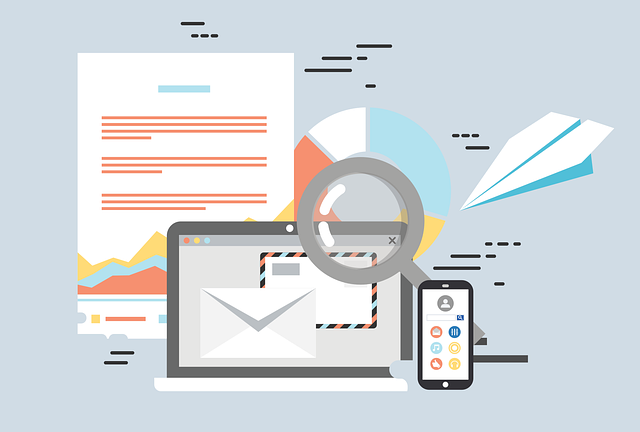AI systems for scheduling in car repair businesses significantly enhance operational efficiency and reduce costs through predictive demand patterns, optimized task allocation, and streamlined administrative tasks. These intelligent tools minimize no-shows, maximize technician utilization, and improve customer satisfaction by providing accurate service times. By leveraging data-driven insights, AI systems also optimize part ordering, reduce waste, and boost profitability, making car repair shops more competitive in the market. Future advancements include predictive analytics based on vehicle history and NLP chatbots for initial assessments.
“Unleash the power of AI to transform your vehicle repair shop’s operations and bottom line. This article explores how AI systems for scheduling can revolutionize car repair businesses, streamlining processes and reducing costs. Discover the cost-saving benefits of AI integration, from efficient appointment management to predictive maintenance. We’ll delve into best practices and future prospects, guiding you towards optimal AI implementation in car maintenance.”
- Understanding AI Systems for Scheduling: Streamlining Car Repair Operations
- Cost-Saving Benefits of Implementing AI in Vehicle Repair Shops
- Best Practices and Future Prospects for AI Integration in Car Maintenance
Understanding AI Systems for Scheduling: Streamlining Car Repair Operations

AI systems for scheduling have become a game-changer in the automotive industry, offering vehicle repair shops unprecedented efficiency and cost savings. These intelligent tools are designed to optimize the complex web of appointments, tasks, and resources that repair operations entail. By leveraging machine learning algorithms, AI systems can predict demand patterns, automatically generate schedules, and assign work to technicians based on their expertise and availability.
This technology streamlines car repair operations by reducing manual administrative tasks, minimizing no-shows, and maximizing technician utilization. As a result, shops can lower labor costs, enhance overall productivity, and improve customer satisfaction with more accurate service times. AI scheduling systems provide real-time updates, ensuring that everyone involved—from mechanics to front-desk staff—is on the same page, leading to smoother workflows and better-coordinated efforts.
Cost-Saving Benefits of Implementing AI in Vehicle Repair Shops

Implementing AI systems, specifically those designed for scheduling in car repair businesses, brings a multitude of cost-saving benefits. These intelligent solutions streamline operations by efficiently managing appointments, reducing manual labor and associated overheads. With AI, shops can optimize their schedules, minimizing downtime and maximizing resource utilization. This results in faster service times and happier customers.
Furthermore, AI systems offer data-driven insights into shop performance, enabling proactive cost management. By analyzing historical data, these systems can predict maintenance needs, order parts more efficiently, and reduce waste. This strategic approach leads to significant financial savings over time, making AI a powerful tool for vehicle repair shops looking to enhance profitability and stay competitive in the market.
Best Practices and Future Prospects for AI Integration in Car Maintenance

The integration of Artificial Intelligence (AI) systems offers vehicle repair shops a promising avenue to optimize operations and reduce costs. One of the most immediate benefits is enhanced scheduling through AI algorithms. These intelligent tools can efficiently manage appointments, considering factors like technician availability, job complexity, and customer priorities. By automating this process, repair businesses can minimize no-show rates and maximize revenue utilization.
Looking ahead, AI has the potential to revolutionize car maintenance further. Predictive analytics powered by AI can anticipate service needs based on vehicle history and usage patterns, allowing proactive maintenance. Additionally, natural language processing (NLP) chatbots could provide initial assessments and guide customers through basic troubleshooting, offloading simple queries from human staff. These future prospects suggest a more streamlined, cost-effective, and customer-centric car repair experience.
AI systems for scheduling have the potential to revolutionize car repair operations by significantly reducing costs. By automating tasks such as appointment booking, parts inventory management, and diagnostic analysis, vehicle repair shops can optimize their workflows and enhance efficiency. In the world of cost-saving strategies, AI integration offers a promising future, enabling businesses to stay competitive in an ever-evolving market. Adopting these innovative practices will be key for car maintenance professionals to leverage technology’s benefits and thrive in the long term.
